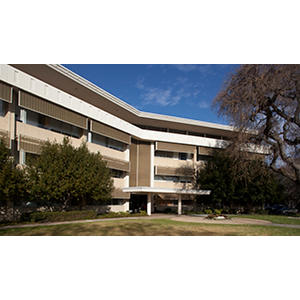My Approach
I enjoy working with a multidisciplinary team to care for patients who have complex medical needs with the aim of giving children a better future. As a clinical researcher, my main focus is on finding improved therapies for autoimmune and cholestatic liver diseases, since an ideal therapy currently does not exist.







Connect with us:
Download our App: